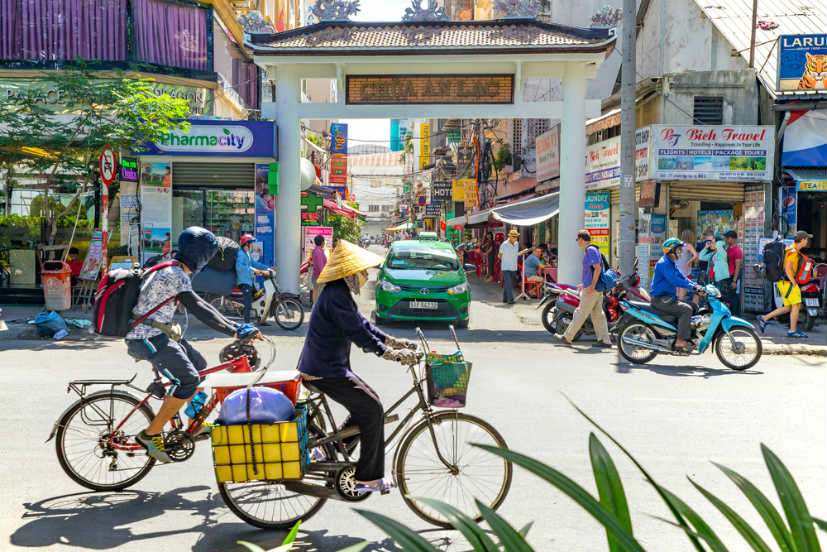Private equity investor’s interest in Vietnam’s renewable energy sector is increasing as the country seeks private investments in the sector. In 2019, renewable energy has become of the most preferred sector for private equity investment in Vietnam, the third after fintech and the education sectors. It is noteworthy that in 2018, the renewable energy sector stood in the 10th position in private equity investment interest.
Vietnam’s energy demand has increased by 13 percent every year since 2000. To meet its objectives by 2030, the country would need around $10 billion investment each year.
For years, Vietnam has relied on sources such as thermal and hydropower for energy production. But now the country plans to move away from its dependency on such sources and generate electricity from alternate sources. To facilitate this, the Vietnamese government has granted tax relief incentives for renewable energy projects and has published a national hydropower plan. The objective is to create modern and sustainable energy sources by 2030.
The country also aims to increase the proportion of locally manufactured equipment in the renewable energy sector by 30 percent in 2020 and 60 percent in 2030. The country also plans to export energy by 2050.
“100 percent foreign ownership is allowed in energy production. Wind and solar energy projects, in particular, are absolutely booming-more attractive than anything I have seen in my 28 years working here,” Fred Burke, managing partner of Baker and McKenzie told the media.
So far, some private investors have put their money on Vietnam’s renewable energy sector. Most recently, AboitizPower has entered Vietnam’s renewable energy market with its acquisition of Mekong Wind for about $46 million.
Similarly, other investments such as Dragon Capital’s investment in Pacifico Energy, Vietnam-Oman Investment’s $48 million investment in BCG-CME Long An 1 solar energy plant and IFC’s investment in Phong Dien, Vietnam’s first private grid-connected solar farm are some prime examples.

